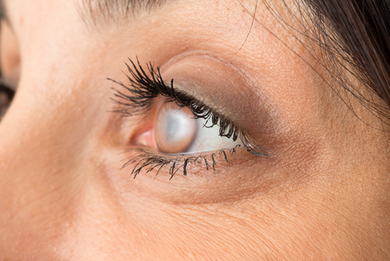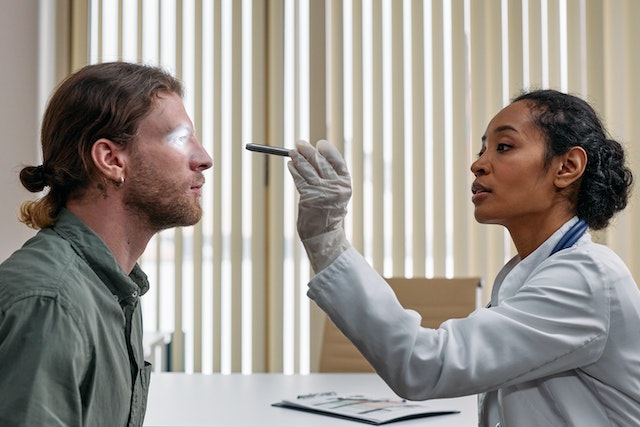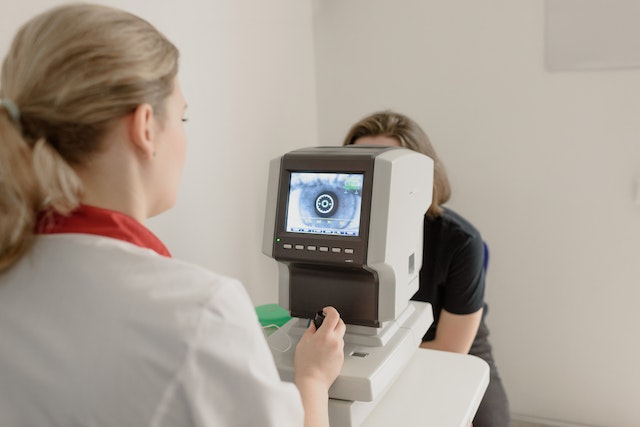Macular degeneration (AMD) is an eye disease that becomes worse with age. People over 60 are most likely to suffer severe, permanent vision loss from it. A macular degeneration occurs when your retina’s small central portion, called the macula, wears out. Your retina is the nerve tissue in the back of your eye that senses light.
In most cases, it does not cause blindness, but can cause severe vision problems.
Treatment Options
Treatment with lasers
Laser therapy can treat macular degeneration, a surgical procedure that seals the blood vessels leaking in the eyes. It will not cure the disease, but it will slow the deterioration, allowing patients to keep their central vision for longer. In dry macular degeneration, light-sensing cells within the retina break down slowly, affecting vision to varying degrees. An abnormal blood vessel formation beneath the retina causes a wet type of macular degeneration.
Anti-Angiogenic Drugs
Patients with macular degeneration can wear specialized glasses. They can improve near and far vision, a feature typical glasses cannot match. Knowing what stage of macular degeneration a patient is essential to determine what type of eyeglasses will work best for them. Low vision glasses can help with macular degeneration by reducing a patient’s blind spots through high-powered magnification.
There are two main types of age-related macular degeneration:
Dry form.
This condition can cause yellow deposits in the macula called drusen. Your vision may not be affected by a few small drusen. They might dim or distort your vision as it grows more numerous, especially when you read. Your macula’s light-sensitive cells become thinner and eventually die as the condition worsens. Blind spots may appear in the center of your vision if you have an atrophic form. You may lose your central vision if that gets worse.
Wet form.
A network of blood vessels grows beneath your macula. Your retina is filled with blood, and fluid leaks from these blood vessels. Straight lines appear wavy to you because your vision is distorted. There may also be blind spots and a loss of central vision. The bleeding and scarring caused by these blood vessels ultimately lead to permanent vision loss in the central vision area.
FAQ
What are the risk factors?
Many people develop macular degeneration for unknown reasons. There are, however, some factors that can increase your risk of developing the disease.
Among them are:
● Inheriting macular degeneration from a family member
● A senior citizen over the age of 55
● Tobacco use
● Being overweight or obese
● Cardiovascular disease
● A high cholesterol level
At our clinic we have experience in dealing with Age-related macular degeneration (AMD) and can assist you with the following treatments:




